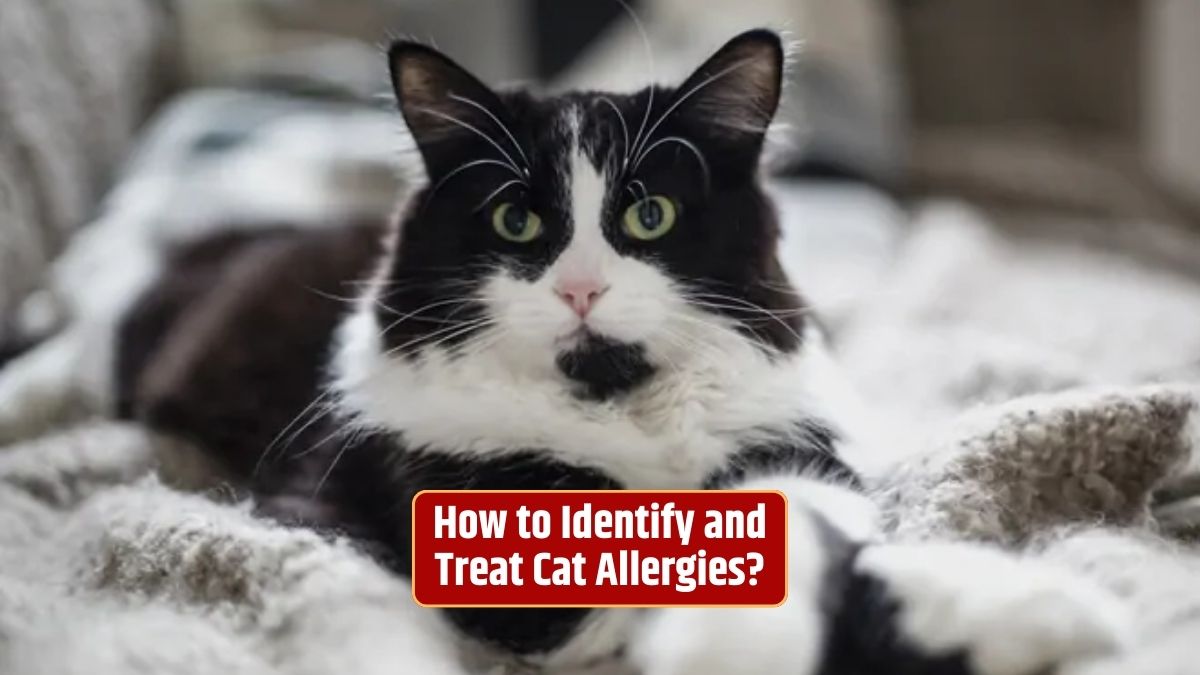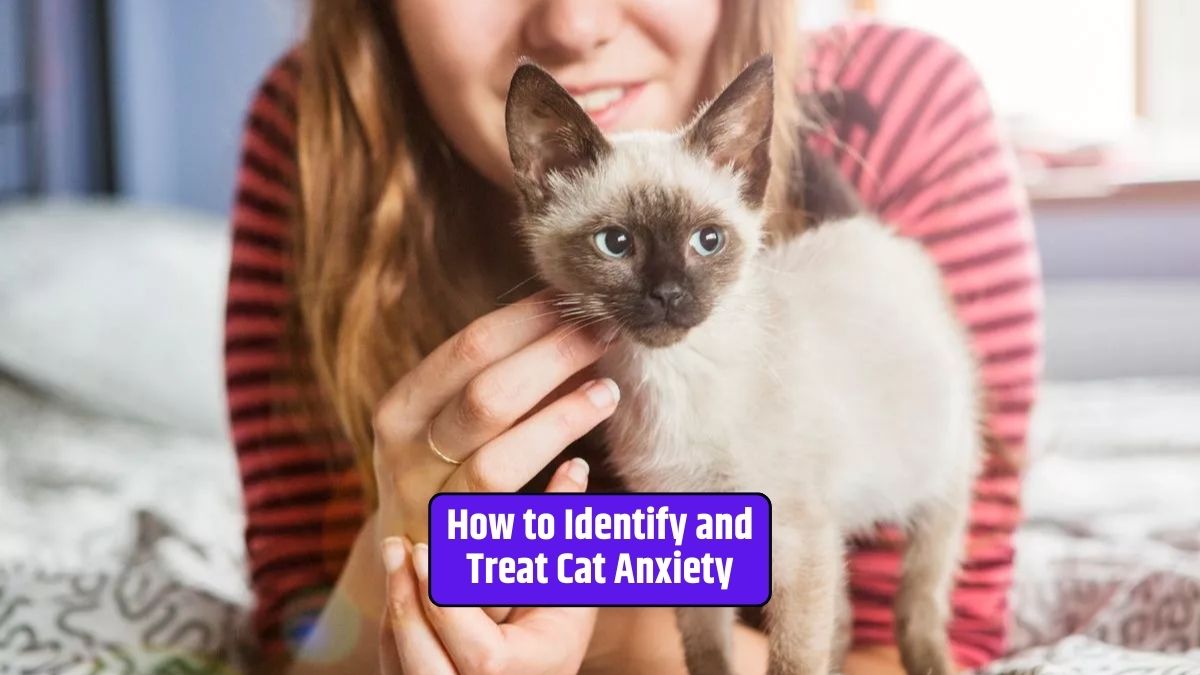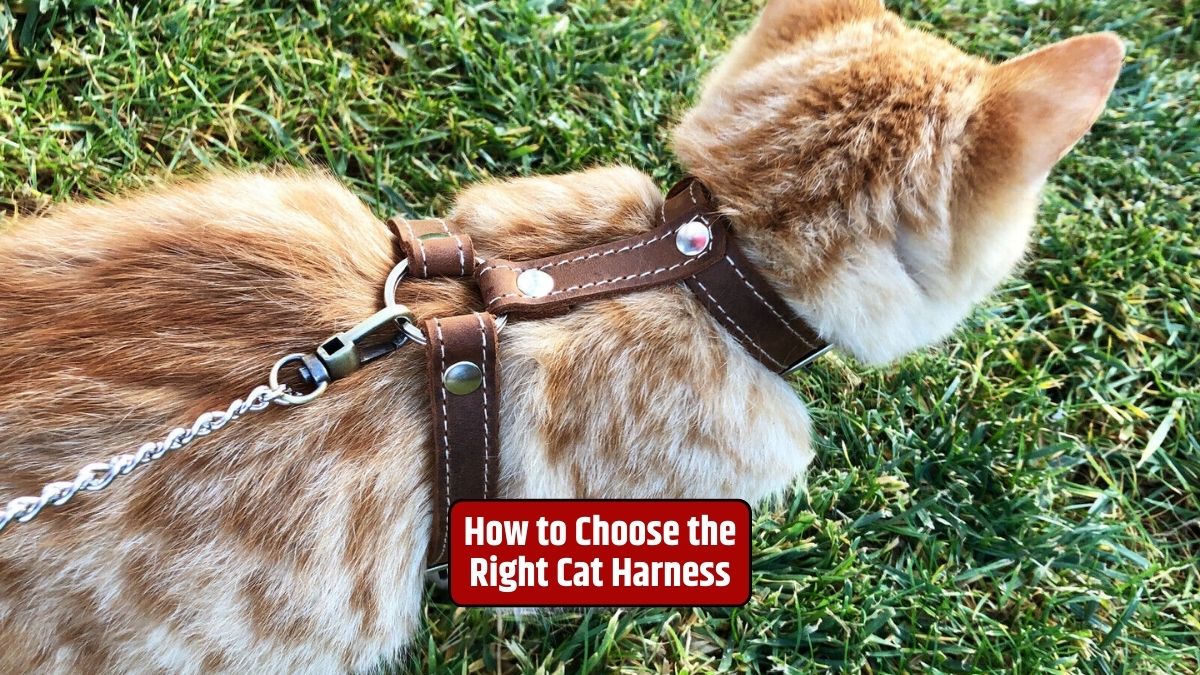Cat allergies are a challenging but manageable aspect of being a cat owner. They can manifest in various forms, affecting both the cat and the humans living with them. In this article, we will explore the identification of cat allergies and discuss treatment methods to ensure a happy and healthy coexistence with your feline friend.
Cat Allergies
Cat allergies typically fall into two main categories:
Humans
Many people experience allergic reactions when exposed to cats. These allergies are usually triggered by proteins found in a cat’s skin cells, urine, and saliva. Common symptoms include:
- Sneezing
- Runny or stuffy nose
- Itchy, watery eyes
- Skin rashes or hives
- Asthma symptoms
- Coughing
Cat Allergies
Cats can also suffer from allergies, which can be caused by various factors, including:
- Environmental allergens (e.g., pollen, dust mites)
- Food allergies
- Flea allergies
Symptoms of cat allergies may include:
- Itchy skin
- Excessive scratching or grooming
- Ear infections
- Digestive issues
Identifying
In Humans
If you suspect you have cat allergies, it’s essential to consult an allergist for proper testing. Common tests include skin prick tests and blood tests to identify specific allergens.
In Cats
Identifying allergies in cats can be more challenging. It often involves a process of elimination. If you notice any unusual symptoms in your cat, consult a veterinarian to rule out other potential causes and explore allergy testing if necessary.
Treating
Managing
If you are allergic to cats but don’t want to part with your feline companion, consider the following:
- Keep your home clean, and use air purifiers.
- Designate cat-free zones in your home.
- Bathe and groom your cat regularly to reduce allergen levels.
- Consult an allergist for medications or allergy shots.
Treating
- Environmental Allergies: Reduce exposure to allergens by keeping your home clean and well-ventilated. Antihistamines and corticosteroids may be prescribed by your veterinarian.
- Food Allergies: Identifying and eliminating the specific food allergen from your cat’s diet is crucial. Your veterinarian can guide you in choosing an appropriate hypoallergenic diet.
- Flea Allergies: Prevent fleas by using regular flea control products and consult your vet for treatment.
Conclusion
Cat allergies can be challenging, but they don’t have to mean parting with your beloved feline friend. Identifying and managing these allergies is the key to a happy coexistence. By following the tips and advice in this article, you can ensure a healthier and more comfortable life for both you and your cat.
FAQs
Can cat allergies develop over time?
Yes, cat allergies can develop at any age, even if you’ve had cats before without experiencing allergies.
Are some cat breeds less likely to cause allergies?
No cat breed is entirely hypoallergenic. However, some breeds, like the Siberian or Balinese, may produce fewer allergens.
Can you outgrow cat allergies?
It’s possible to become less sensitive to cat allergens over time, but complete outgrowing of allergies is rare.
Are there any natural remedies for cat allergies?
While some people try natural remedies like saline nasal rinses, these may not provide complete relief. Consult an allergist for professional guidance.
Is it safe to give my cat over-the-counter allergy medication?
No, you should never give your cat over-the-counter medications without consulting a veterinarian. Some human medications can be harmful to cats. Always seek professional advice for your cat’s allergies.






